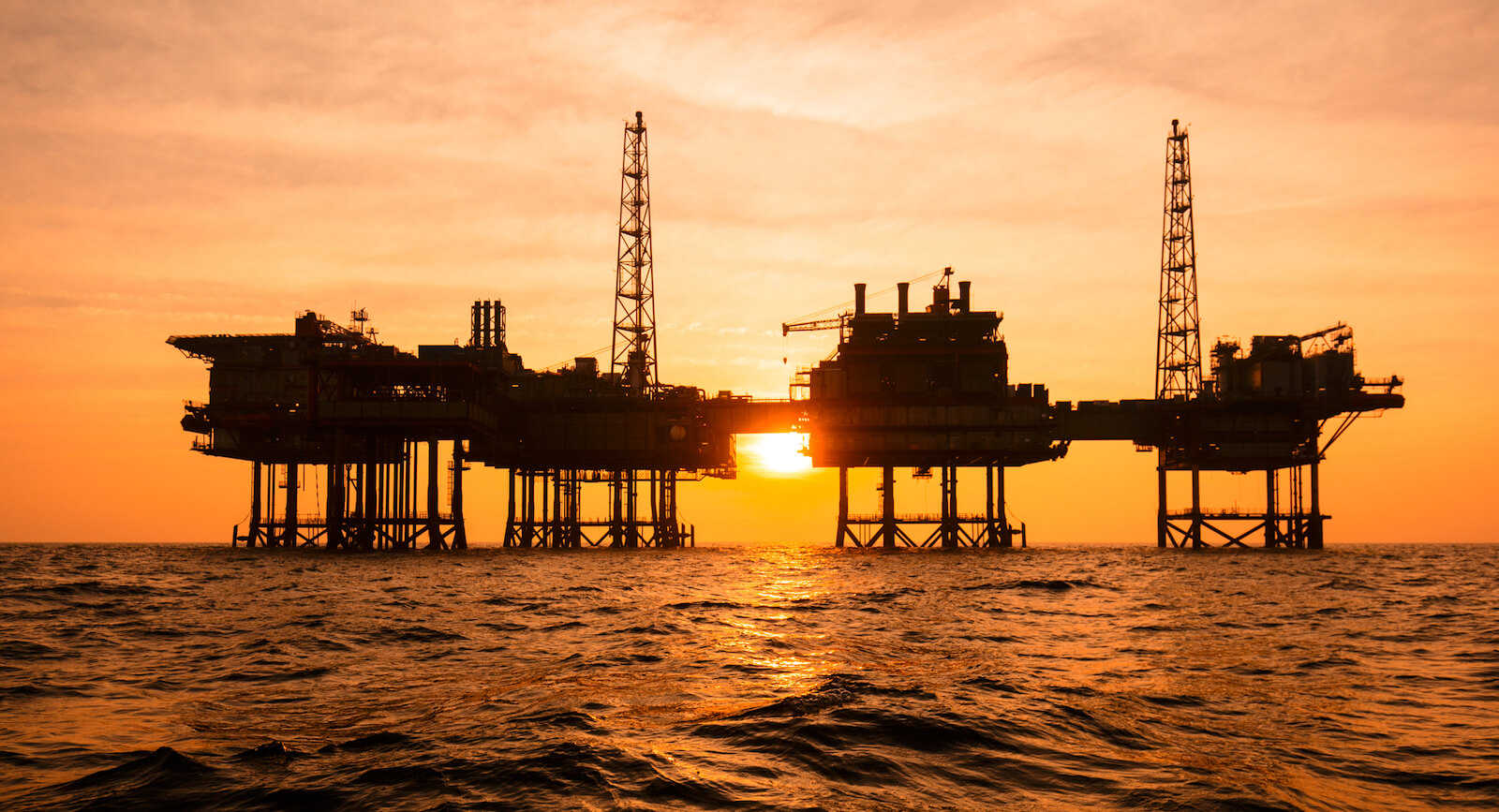Kenya sent off its inaugural shipment of crude oil on Monday, becoming the first East African nation to join the ranks of petroleum-exporting countries.
Though Kenya is still years away from building the infrastructure necessary to unlock its full commercial oil-producing potential, Monday’s maiden shipment of more than 200,000 barrels revealed possible tensions over how the nation’s crude wealth should be divided.
In March, President Uhuru Kenyatta signed into law the Petroleum Act of 2019, which allocates 75 percent of state-designated oil profits to the central government, 20 percent to oil-producing counties, and five percent to local communities.
But speaking at the sendoff ceremony for the maiden consignment in the port of Mombasa, Peter Emuria Lotethiro, Deputy Governor of Turkana County, invoked the metaphor of a goat to lay claim to what he sees as his region’s share of the spoils.
“According to our culture as the Turkana people, when we slaughter a goat for a visitor, the owner of the goat must be left with the limbs,” said Lotethiro. “The people of Turkana have instructed me that in this oil deal, the limb should be ours.”
Salim Mvurya, governor of Kwale County, used the occasion to also signal displeasure. “We are speaking about the division of revenues from our minerals, and we’re aware that the president signed into law the Mining Act, but that law hasn’t really translated into revenues to the county and the people of Kenya,” he said.
President Kenyatta seized upon the governors’ remarks to highlight his ongoing campaign against corruption.
“I have listened to the governors defending their people,” said Kenyatta, “but as the president, I’m going to defend the people of Kenya by saying that I hope a piece of this goat reaches every Kenyan. And that’s why we’re saying we must slay the corruption dragon. So that a few stop benefitting themselves with the national resources and minerals.”
In the pipeline
Monday’s shipment was sold to trading company ChemChina UK Ltd as part of a pilot scheme between the Kenyan government and corporate partners including Africa Oil Corp, British oil explorer Tullow Oil, and France’s Total SA.
Tullow estimates that the Turkana fields hold 560 million barrels of oil. But reaching full production potential – estimated at 100,000 barrels per day by 2024 – will require investments in infrastructure including drilling and pipelines.
Monday’s maiden shipment was trucked from field to port over many months and full commercial shipments aren’t expected until a pipeline is built.
“This shipment is the first under [the] EOPS [Early Oil Pilot Scheme], and trucking will continue for the next 18 to 24 months,” said Tullow Oil CEO Paul McDade at the sendoff ceremony. “The Kenya Joint Venture in collaboration with the Government of Kenya [aims] to reach a final investment decision in 2020.”



